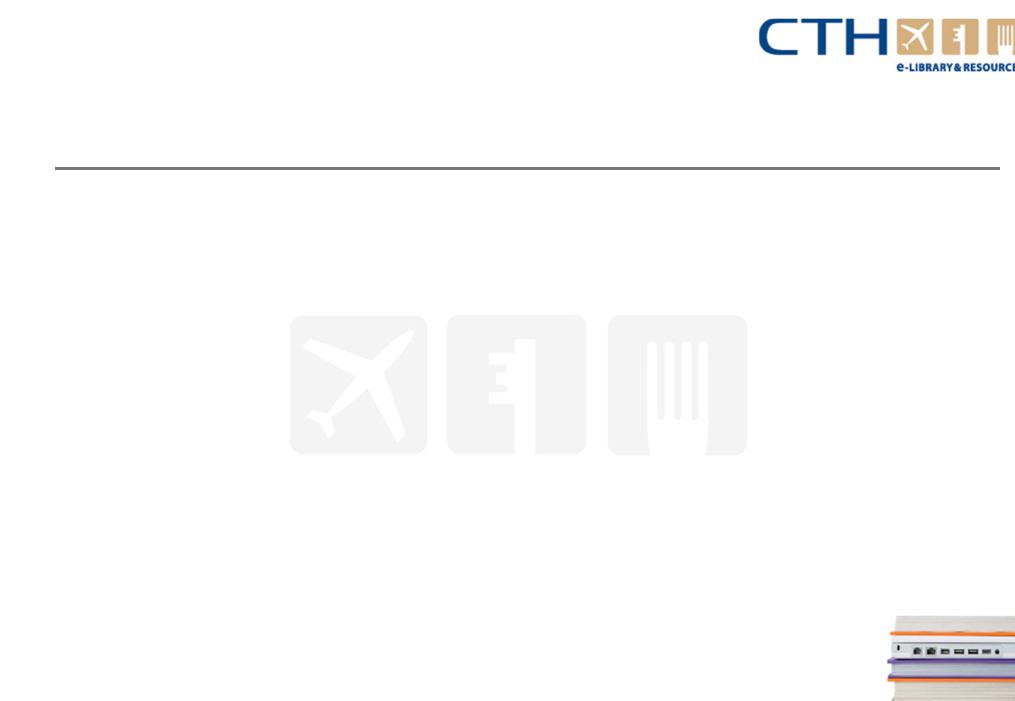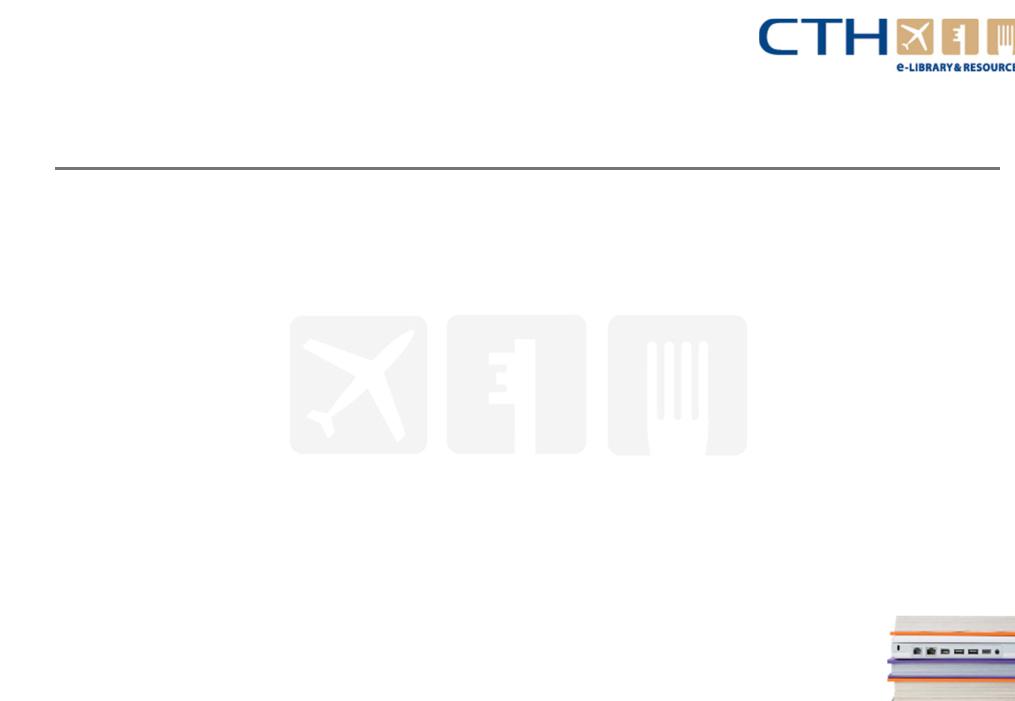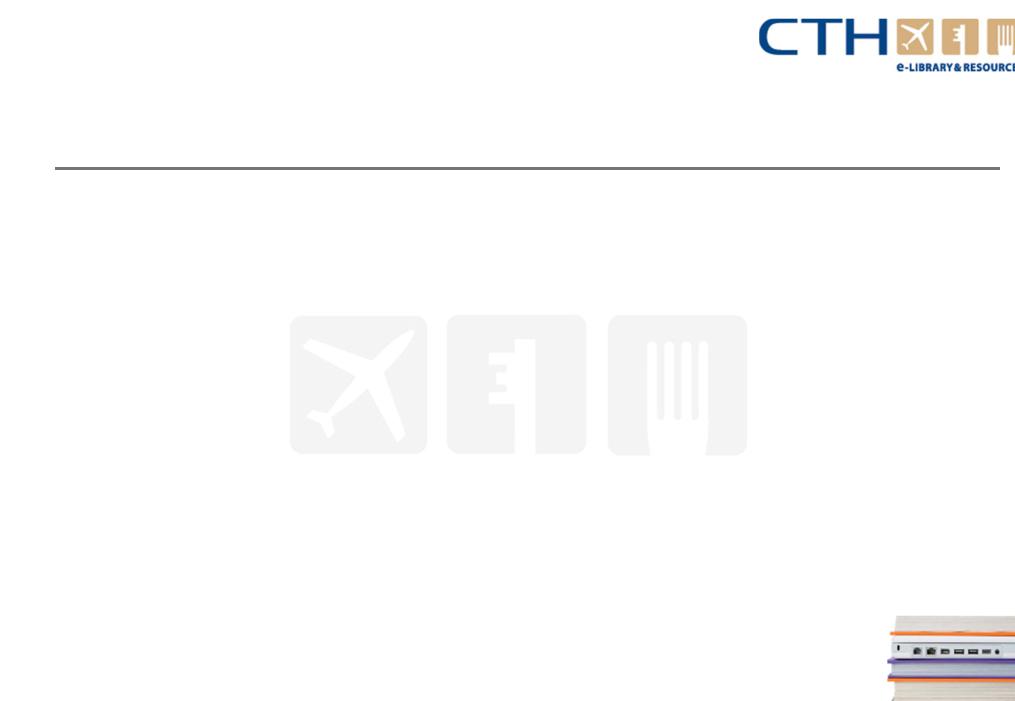
Front_Office_Operations
.pdf
Chapter 8– Guest services and communications
Telephone services
Figure 8.4: Standard telephone message page
|
|
Attention |
………………...…………..………………. |
|
|
|
From |
………………...…………..………………. |
|
|
|
Of |
………………...…………..………………. |
|
|
|
|
|
|
|
|
Telephoned |
|
Please phone |
|
|
Called to see you |
|
Will call again |
|
|
Wants to see you |
|
Urgent |
|
Phone no : …………………………. Date : …………..………………. |
|||
|
Message : …………………………………………………………………….. |
|||
|
|
……………………………………………………………………………………… |
||
|
|
……………………………………………………………………………………… |
||
|
|
……………………………………………………………………………………… |
||
|
|
……………………………………………………………………………………… |
||
|
|
……………………………………………………………………………………… |
||
|
|
Taken by : ………………………………………………………………….. |
||
www.cthresources.com |
Page 451 |
|||
www.cthawards.com

Chapter 8– Guest services and communications
Telephone services
Figure 8.5: Computerised message screen (in Fidelio)
www.cthresources.com |
Page 452 |
|
www.cthawards.com |

Chapter 8– Guest services and communications
Telephone services
Figure 8.6: Message log screen (in Fidelio)
This will be particularly helpful when one shift hands over to another avoid messages being 'forgotten'.
www.cthresources.com |
Page 453 |
|
www.cthawards.com |

Chapter 8– Guest services and communications
Telephone services
2.4 Outgoing calls by guests
Outgoing calls are different from incoming calls. In the past, outgoing calls had to be ‘placed’ on the guests behalf by a switchboard operator, now all hotels have PABX systems which allow guests to dial out directly from their in-room telephone extensions, for room-to-room, outside line and even international calls. So the telephonist may not be involved in that. (S)he will only handle incoming calls.
While incoming calls are generally 'free' to the guest (paid for by the caller), outgoing calls cost the hotel money. The costs of calls must be recovered by charging guests, and - since the ability to make calls is a service provided by the hotel - the hotel will often take a profit margin (or 'mark-up') on tile call charge. This can be a significant source of extra revenue, but it does raise several issues.
●The cost of calls from hotel phones is often a cause of surprise and resentment to guests: the basis on which calls are charged should be clearly stated, as part of in-room information (and ideally, together with instructions for making outgoing calls).
www.cthresources.com |
Page 454 |
|
www.cthawards.com |

Chapter 8– Guest services and communications
Telephone services
2.4 Outgoing calls by guests continued…
●Guests may need information and assistance about how to obtain outside lines from the hotel system; information on area and international dialling codes; and so on. Instructions are often provided in in-room information packages, but even so, some guests may ask switchboard for assistance.
●There needs to be a system for logging calls (time/date, duration of call, number dialled), so that appropriate charges can be made, verified by the guest, and proved in case of billing queries, Most PABX systems now include facilities for call logging, and a Hotel Management System may include facilities for call logging and automatic posting of telephone charges to guest bills.
●If guests have limited credit facilities within the hotel, there needs to be some system for barring extensions from making calls, or expensive types of call (e.g.. national or international calls), This can be done automatically in a PABX or computerised system.
www.cthresources.com |
Page 455 |
|
www.cthawards.com |

Chapter 8– Guest services and communications
Telephone services
2.4 Outgoing calls by guests continued…
Front Office staff may need to callout from the hotel for a range of purposes: to return calls by enquirers or travel agencies after gathering information; to re-confirm bookings or notify guests of changes (e.g.. the need to re-Iocate a guest because of over-booking); to make calls on behalf of guests (e.g.. to call a taxi or doctor, or to make travel, entertainment or restaurant bookings). Basic telephone technique will apply to these calls.
●Make them as efficient as possible (because they cost the hotel money). Have all necessary information to hand before you dial‘
●Record the call: what information has been given, what has been agreed or promised etc. This is important for bookings, negotiate rates notified changes etc, which may be queried or disputed later.
●If you promise to call someone back with information or a decision: do so within the promised time; or take steps to ensure that someone else do so (e.g.. by leaving a note on the shift hand-over log).
www.cthresources.com |
Page 456 |
|
www.cthawards.com |

Chapter 8– Guest services and communications
Mail services
3.Mail services
3.1Handling incoming mail and message
3.2Handling outgoing mail
www.cthresources.com |
Page 457 |
|
www.cthawards.com |

Chapter 8– Guest services and communications
Mail services
Guests may ask Front Office staff to arrange for out-going mail, and receptionists will need to be familiar with the requirements, speed security and cost of different types of service available: ordinary post; special delivery; registered pos recorded delivery; courier services etc.
A large hotel will potentially have a high volume of incoming and outgoing mail to be sorted and processed. In such a case, there will probably be a dedicated back-office mail room, where all the various operations can be handled discreetly and efficiently.
www.cthresources.com |
Page 458 |
|
www.cthawards.com |

Chapter 8– Guest services and communications
Mail services
3.1 Handling incoming mail and messages
Incoming mail will be sorted and divided into three basic categories: hotel mail (which needs to be distributed to the relevant departments or individuals direct from the mail desk or mail room); staff mail (which may distributed via departments or staffroom mail racks); and guest mail (Which needs to be processed for distribution to guests).
All incoming mail should be date/time stamped on arrival and sorting, so that there is no possibility of dispute about when mail arrived (e.g.. in the case of a reservation or cancellation notice), or how long it took the hotel to pass mail on to a guest, in case of problems resulting from any delay.
The next step is to distribute mail and messages to the target recipient.
www.cthresources.com |
Page 459 |
|
www.cthawards.com |

Chapter 8– Guest services and communications
Mail services
3.1 Handling incoming mail and messages continued…
If the guest is listed In the guest index as 'currently resident’, mail or messages may be:
●Delivered directly to the guest's room (e.g.. if the hotel has pages available for this purpose)especially if the item is marked urgent, or cannot be received by a third party (i.e. it requires the recipient's signature and proof of identity before it is handed over)
●Placed in key pigeon-holes or mail racks. In an old-fashioned system, there may be a rack of 'pigeon holes' at reception to hold both mail/messages and keys for each room. Whenever the receptionist takes charge of a guest's keys, or hands them out, there is the opportunity to check for mail and messages and give them to the guest
●Held at Front Office (e.g.. if the item is too large to fit in a key/mail rack). A note (or special 'mail advice slip') may placed in the key rack to alert the receptionist to the fact that the item is awaiting collection. The receptionist may telephone (or leave a 'message alert' on the phone), to notify the guest that there is a message or mail awaiting collection
www.cthresources.com |
Page 460 |
|
www.cthawards.com |
